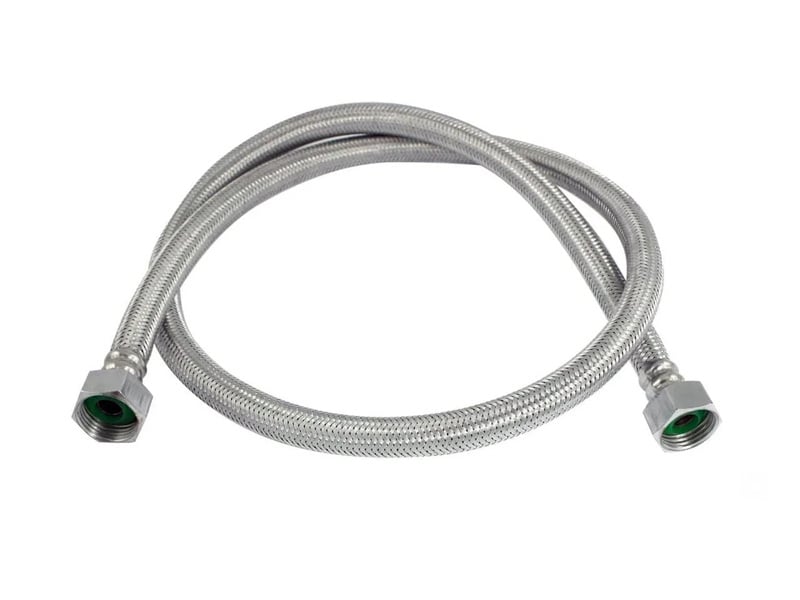What is a boiler and where is it produced?

A "boiler" is typically a closed container or pressurized system used to generate steam or hot water. Boilers can be used for various purposes such as heating water, producing steam, generating electricity, chemical processes, food processing, and other industrial applications.
Boilers are usually constructed from metal or other durable materials and are designed to withstand high temperatures and pressures. Modern boilers, especially those developed for energy production and industrial processes in the post-World War II era, are highly complex systems.